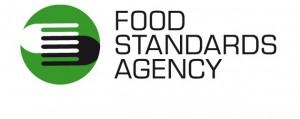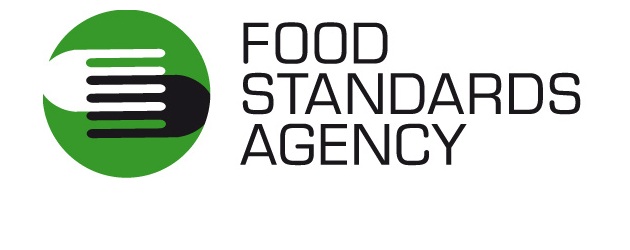Guidance on the provision of food in a village hall, or other community setting, has been published. The guidance, which is aimed at community and charity groups and local authorities in England, should help clarify which food operations carried out in these venues require registration.
 |
| [relatedPosts title=”Related Posts”] |
|
|
The guidance was developed following comments made on the Government’s Red Tape Challenge website and a call for clearer guidance on how food hygiene legislation applies to community events.
For an activity to require registration, it must have ‘a certain continuity of activities’ and ‘a certain degree of organisation’. In the new advice, the FSA provides clarity on what ‘a certain continuity of activities and a certain degree of organisation’ might mean. The interpretation of this phrase, which is contained in European food hygiene legislation, should help organisers of community and charity events who want to provide food. It should also help local authority food safety officers decide on whether or not to register activities carried out in the village hall, community and charity sector.
The FSA suggests that, generally, providing food less than once a month is not considered to have ‘a certain continuity of activities’. In describing ‘degree of organisation’ we have emphasised the importance of the complexity of the food safety controls, vulnerability of consumers and size of event in consideration against continuity. The guidance includes a number of general examples to help illustrate the Agency’s interpretation of ‘continuity’ and ‘organisation’, although these examples will not cover all circumstances.
The guidance will be reviewed and updated, as necessary. The guidance, and information about FSA Red Tape Challenge initiatives, can be found via the links below.
The ‘Community and charity food provision – guidance on the application of EU food hygiene law’ is available here.





